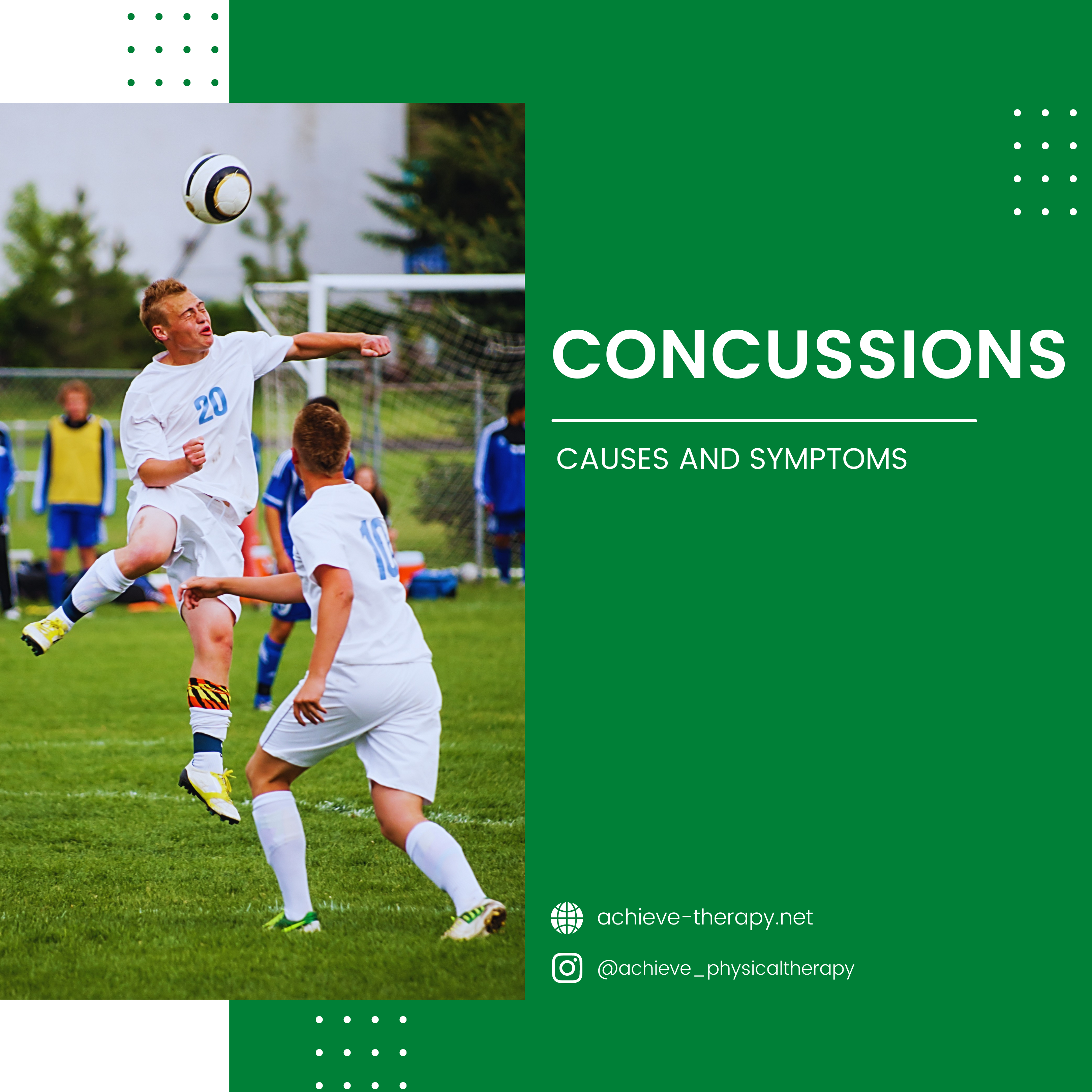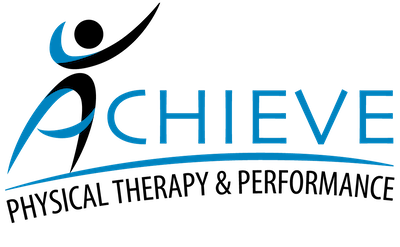
Our brains are cushioned from everyday jolts and bumps. A sudden or violent hit to the head or upper body can cause your brain to slide back and forth forcefully against the inner walls of your skull. A hit to the head caused by a car crash or being violently shaken can cause a brain injury such as a concussion.
Concussions are a very common injury to the brain. A concussion is defined as a trauma-induced alteration in mental status that may not involve loss of consciousness. This can be caused by a bump, blow, or jolt to the head or by a hit to the body that causes the head and brain to move quickly back and forth. Concussion signs and symptoms can appear immediately or not be noticed until days or even weeks after the injury.
The American Brain Foundation estimates that between 1.6 million and 3.8 million people suffer from concussions each year and at least half of which go unreported or undiagnosed. An untreated concussion can lead to more serious long-term health effects that can cause physical difficulties to emotional and mental issues.
Even though concussions can be minor, they are still considered a brain disorder and have the potential to cause lasting or permanent impacts.
Concussions and headaches differ fundamentally in their severity. While headaches are often due to various factors such as tension, migraines, or sinus issues, concussions result from traumatic impacts to the head. Concussions involve a broader range of symptoms, including cognitive, physical, and emotional change, whereas headaches are primarily characterized by pain or discomfort in the head. Proper medical evaluation is crucial for concussions due to their potential for more severe consequences.
Causes of Concussions:
- Falls
- Sports injuries
- Car accidents
A concussion can happen to anyone. However, concussions are more common in young children, athletes, and people aged 65 and older.
High-contact sports such as football, soccer, ice hockey, lacrosse, field hockey, and wrestling are the sports that put athletes at the greatest risk for a concussion. For younger children, concussions can occur when they take a fall on the playground or off a bicycle. Concussions in elderly adults are frequently caused by a fall. Urgent medical attention is typically recommended by healthcare providers after suffering a hit to the head.
Signs and symptoms of a concussion can show up right after the initial hit and others may not appear or be noticed until hours or days after the injury. Concussion symptoms can last anywhere from a few days to weeks, or even longer.
The most common symptoms after experiencing a hit to the head are headaches, loss of memory, and confusion.
Concussion Symptoms:
- Drowsiness
- Headaches
- Memory loss
- Confusion
- Balance problems
- Difficulty speaking
- Delayed response to questions
- Nausea and vomiting
- Changes in sleep patterns
- Depression
While concussions are usually not life-threatening, they are still very serious. It is important to watch for any changes in how your loved one is acting and feeling following a hit to the head. You should see a doctor within 1 to 2 days if you or someone you know experiences a head injury. If your child doesn’t have signs of a serious head injury, remains alert, and responds to you, the injury is probably mild, and if he or she would like to nap, it is okay for them to do so. However, if signs develop later, seek emergency care.
An athlete should never return to playing while signs or symptoms of a concussion are still present.
Although concussions cannot always be prevented, there are safety precautions that can help lower the likelihood of suffering one.
Concussion Prevention:
- Wear the right protective gear during sports
- Always play by the rules
- Practice good sportsmanship
- Buckle your seatbelt every time you get in a vehicle
- Know the symptoms of a concussion
- Strengthen your muscles to improve balance
- Keep your home safe and clear of anything that can cause you to fall
- Educate others about concussions
To learn more about concussions click here.
It is important to seek a professional to accurately diagnose a concussion. Any of these symptoms should never go unnoticed or untreated, especially after suffering a fall or being hit to the head.
You Have a Concussion – Now What?
- Report symptoms: tell a coach, parent, or athletic trainer if you suspect an athlete has a concussion.
- Get checked out: only a healthcare professional experienced with concussions can tell if a concussion has occurred and when it is okay for the athlete to return to play.
- Get plenty of rest: immediately after the concussion is sustained, rest is recommended. This includes keeping a regular sleep routine. You should also avoid activities that require a lot of concentration.
- Allow time to recover: it’s important to allow time to heal. Another concussion sustained while the brain is healing can result in long-term problems or even death in rare cases.
- Take it slow at first: After the physician or athletic trainer gives the okay to return to activity, an athlete shouldn’t jump in all at once. The athletic trainer will work with the athlete to develop a safe plan for progressively returning to play.
- address concerns: if you have any concerns, don’t hesitate to bring them up with a healthcare provider (athletic trainer, physician, etc.)
Physical therapy is a good choice for pain relief caused by a hit to the head and will help patients eliminate some of their pain without medication. Our physical therapist will design an exercise program to boost your stamina and closely monitor your condition and progress at the same time. The course of treatment will depend on the severity of the concussion but typically will include rest and close observation of the individual. They will help relieve neck pain, headaches, and range of motion problems that an individual may experience following a concussion. Most importantly, they will help you regain your strength and endurance. Individuals who experience a concussion should limit their physical activity while recovering.
